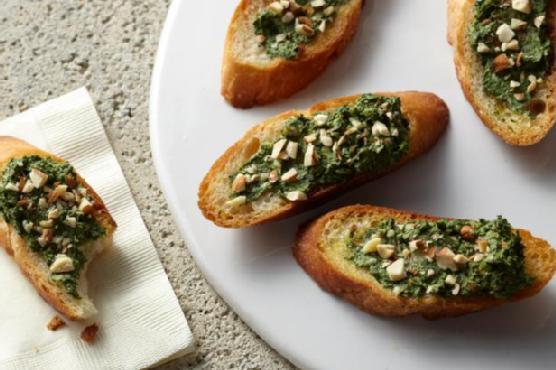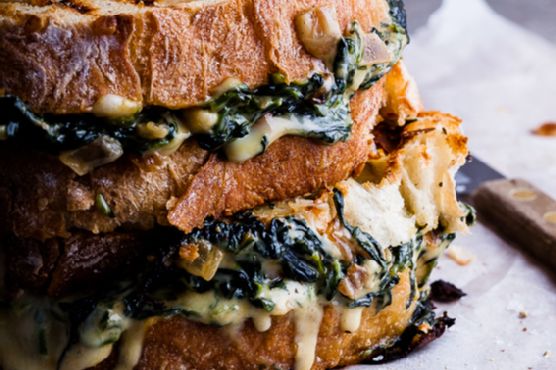St. Benedict Belgian Dark Strong Ale (for Advanced Homebrewers)
St. Benedict Belgian Dark Strong Ale (for Advanced Homebrewers) might be just the hor d'oeuvre you are searching for. This recipe serves 48 and costs $4.22 per serving. Watching your figure? This lacto ovo vegetarian recipe has 630 calories, 42g of protein, and 12g of fat per serving. This recipe from Serious Eats has 61 fans. A mixture of malt mix, malt mix, pilsner, and a handful of other ingredients are all it takes to make this recipe so yummy. This recipe is typical of Mediterranean cuisine. From preparation to the plate, this recipe takes approximately 45 minutes. All things considered, we decided this recipe deserves a spoonacular score of 99%. This score is spectacular. Sour Saison (For Advanced Homebrewers), Imperial IPA (For Advanced Homebrewers), and Maple Pumpkin Ale (For Beginning Homebrewers) are very similar to this recipe.
Servings: 48
Ingredients:
2 pounds Maris Otter malt
4 pounds Belgian Pale malt
1 pound flaked oats
8 pounds Belgian Pilsner malt
1 pound Dark Candi Inc. D2 Belgian candi syrup (60 minutes)
1 pound turbinado sugar (60 minutes)
1/2 teaspoon Wyeast yeast nutrient blend (10 minutes)
Wyeast 3787 Trappist High Gravity yeast
Equipment:
Cooking instruction summary:
Procedures 1 Heat 19 1/2 quarts tap water to 160°F and add to mash tun. 2 Mash-in slowly, adding all grains to the mash tun while stirring to prevent clumping. The mash temperature should equalize to 149°F. 3 In a separate container, heat 12 1/2 quarts tap water to 202°F. 4 Mash out by adding 12 1/2 quarts of 202°F tap water to mash tun while stirring after allowing the mash to rest for 60 minutes. Temperature should equalize to approximately 168°F. 5 Leave at mash out temperature for 15 minutes. In a separate container, heat 2 quarts tap water to 172°F. 6 Slowly drain off wort and add back to mash tun, recirculating until the wort runs clear and free of grain particles. 7 Drain mash tun to boil kettle, sparging with 2 quarts of 172°F tap water. Add hops. 8 After all mash runnings are collected, add sugars and record preboil gravity. Bring wort to boil. 9 Allow wort to boil 60 minutes, adding Whirlfloc and yeast nutrients as noted above. (If your brewing system doesn’t produce a vigorous boil, consider extending the boil to 75 or 90 minutes and adding the hops at 60 minutes.) 10 Chill wort and transfer to a sanitized carboy or bucket with an airlock. Aerate by shaking or oxygenate with an oxygenation stone. 11 Pitch yeast and allow to ferment at 66°F for 10 to 14 days. 12 Rack beer to second sanitized carboy or bucket and allow to condition, tasting periodically to check on flavor development. 13 Bottle or keg at 2.5 to 3 volumes. (Set aside some bottles for extended aging!)
Step by step:
1. Heat 19 1/2 quarts tap water to 160°F and add to mash tun.
2. Mash-in slowly, adding all grains to the mash tun while stirring to prevent clumping. The mash temperature should equalize to 149°F.
3. In a separate container, heat 12 1/2 quarts tap water to 202°F.
4. Mash out by adding 12 1/2 quarts of 202°F tap water to mash tun while stirring after allowing the mash to rest for 60 minutes. Temperature should equalize to approximately 168°F.
5. Leave at mash out temperature for 15 minutes. In a separate container, heat 2 quarts tap water to 172°F.
6. Slowly drain off wort and add back to mash tun, recirculating until the wort runs clear and free of grain particles.
7. Drain mash tun to boil kettle, sparging with 2 quarts of 172°F tap water.
8. Add hops.
9. After all mash runnings are collected, add sugars and record preboil gravity. Bring wort to boil.
10. Allow wort to boil 60 minutes, adding Whirlfloc and yeast nutrients as noted above. (If your brewing system doesn’t produce a vigorous boil, consider extending the boil to 75 or 90 minutes and adding the hops at 60 minutes.)
11. Chill wort and transfer to a sanitized carboy or bucket with an airlock. Aerate by shaking or oxygenate with an oxygenation stone.
12. Pitch yeast and allow to ferment at 66°F for 10 to 14 days.
13. Rack beer to second sanitized carboy or bucket and allow to condition, tasting periodically to check on flavor development.
14. Bottle or keg at 2.5 to 3 volumes. (Set aside some bottles for extended aging!)
Nutrition Information:
covered percent of daily need















